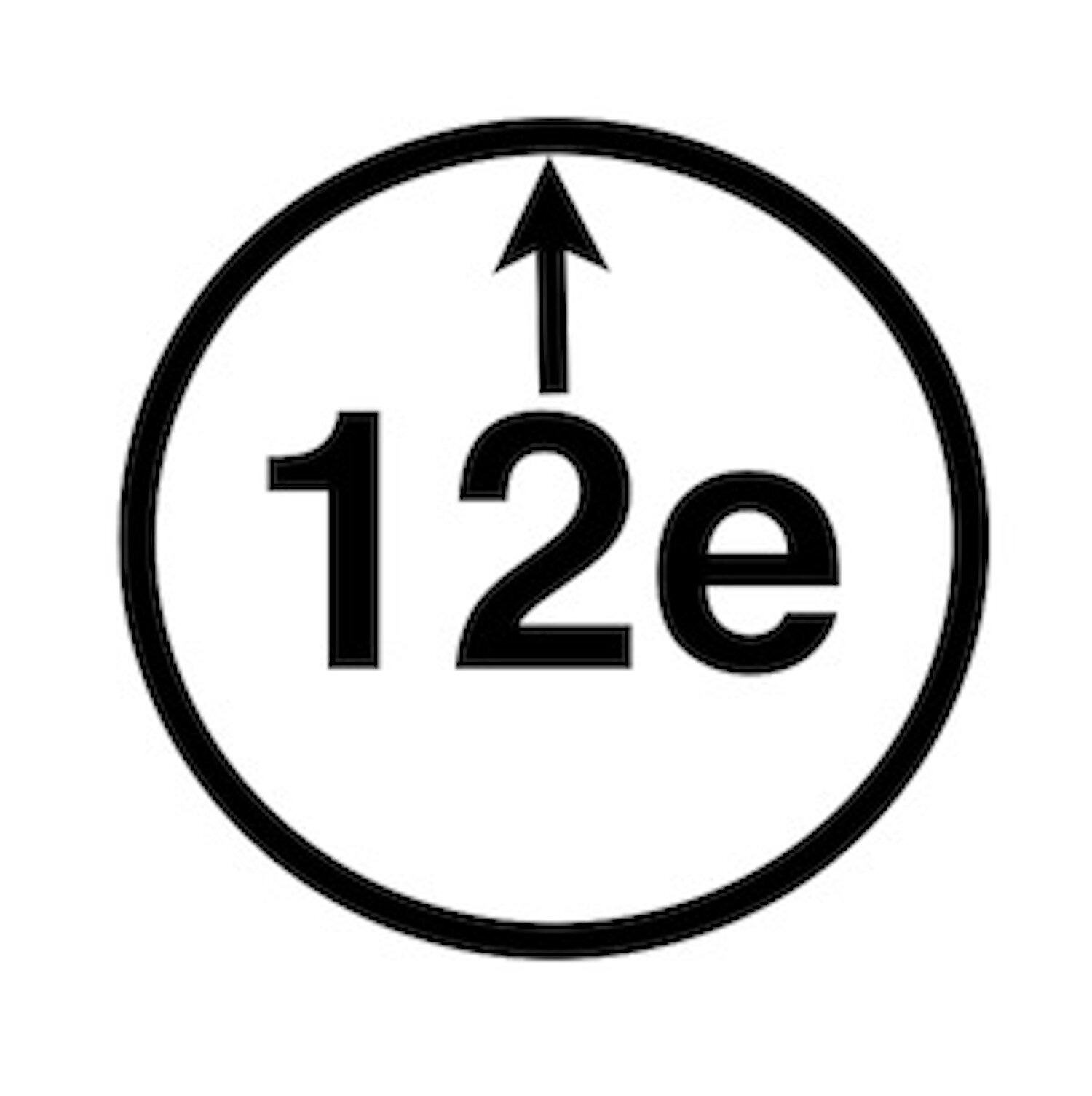Being Authentic
A review/reflection of Authentic Christianity, by Peter E. Watts
“Say more.” You have opened a box, you have hinted towards something that could be meaningful. Say more.
If you are in a therapy or counseling situation and you hear this request, it may mean that you are onto something that could be good, but you are just scratching the surface. Say more. Go deeper. Get more personal.
In his book, Authentic Christianity: Why It Matters for Followers of Jesus, Peter Watts seems to be saying the same thing. He implores the reader to be more honest in their relationship with God and their relationships with others. Watts offers the observation that our self-made, individualistic culture pushed against such authenticity because authenticity leads to a reliance upon each other and upon God. This goes in the face of the self-made ideals. In our society of facades and fronts, of fakery and lies, it is indeed a worthy ideal to push and desire an honest approach to faith and relationships. Let it be said that Watts’ ideas are not new or original. Many have pushed for an honest and authentic way of living (secular and sacred) and have extolled the values of such honesty (see Kierkegaard, Nietzsche, Merton, Socrates, Tillich, and many others). Watts joins the throng of mystics, philosophers, and theologians speaking out into a sea stubborn individuality for courageous stance that requires an honesty in their own faith.
Yet I want more. While there are some instances of Watts sharing his own personal story, there is a lacking of intimacy and risk with Watts’ illustration and overall sharing. I want more risk in his illustrations, in his sharing, and more overall authenticity. Watts speaks about the importance of taking risk, but does not bring in the practice of questioning and pushing one’s own faith. Where are the questions that deepens one’s relationship and one’s faith? As Watts says, an authentic faith that looks to take risk is important, but there must be space for the questions, for the uncertainty, and the doubt. There must be space to be able to say, “I believe, help my unbelief.” In our relationships there must be space to say that I am not sure about where we are going, and then to fall into the unknowing that such a question offers. To say to God that I do not know if I believe and to be honest in such a real way. In the questions, in the uncertainty, in the unknowing is where I find a deep and real authenticity, and is where I want more.
Authentic Christianity is a fine book, a good introduction into a way of being Christian that offers depth and hope beyond the façade of Sunday morning performances. But it is not the end. It is not the final place to rest. It is my hope that after reading it you will be asking the author, yourself, and the Divine to “say more.”
Disclosure of Material Connection: I received this book free from the author and/or publisher through the Speakeasy blogging book review network. I was not required to write a positive review. The opinions I have expressed are my own. I am disclosing this in accordance with the Federal Trade Commission’s 16 CFR, Part 255.
